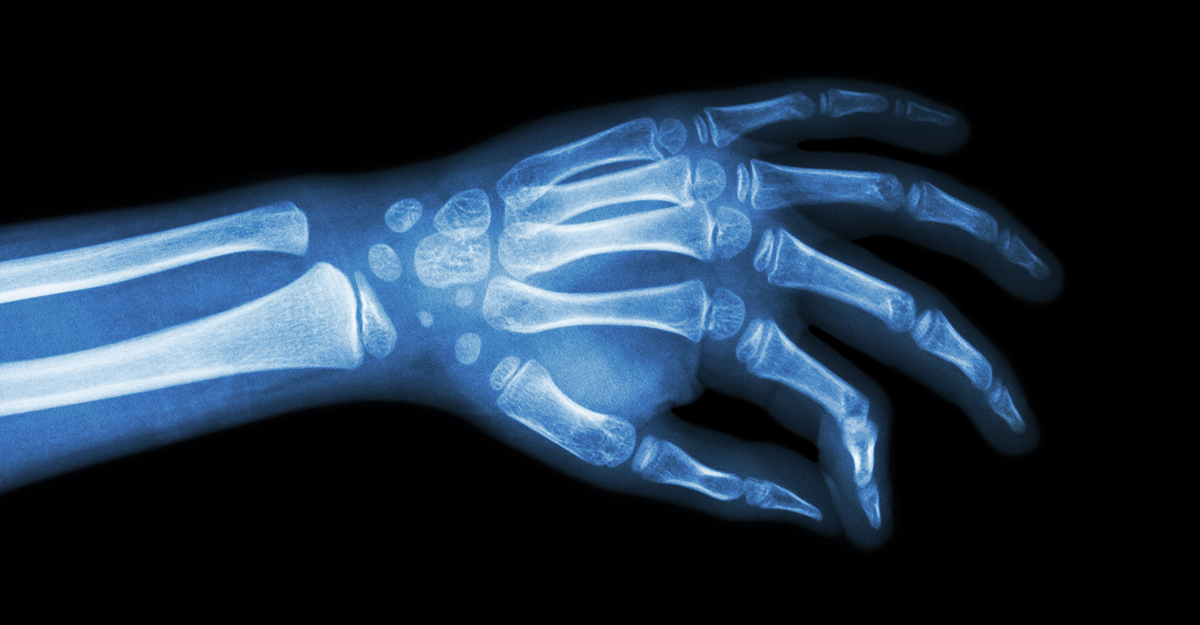Pediatric Radiology
When it’s time for imaging tests for your child, our pediatric and general radiologists, who are experts in the field, know how to choose what’s best to diagnose your child’s injury or disease. We work to ensure that we’re able to get the most information with the least amount of radiation and inconvenience for your child. What’s even better is that Elliot’s Pediatric and Adolescent Care Unit and Elliot Hospital collaborate to give you all the best care all close to home.


